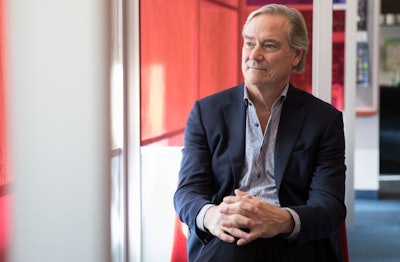
With much fanfare, Maple Leaf Foods recently announced it had become the first major food company in the world to become carbon neutral.
That is no small feat, and the investments necessary to earn that distinction certainly were not small.
But speaking during a press conference on November 8 to announce the decision, Maple Leaf Foods President and CEO Michael H. McCain said it was the right choice for the publicly traded Canadian meat, poultry and plant-based protein company, which several years ago announced its intent to become “The most sustainable protein company on Earth.”
“It’s clear to all of us and all of the stakeholders at Maple Leaf Foods that we are facing this climate crisis, and it’s a crisis that requires action today,” said McCain.
“Certainly, there’s a cost attached to becoming carbon neutral, and we’re not ashamed of that. In fact, we’re very proud of the fact that we’re willing to put a stake in the ground. Carbon neutrality and taking care of the planetary needs of the future is not free, and it would be irresponsible for us to try and position it as cost-free.”
However, McCain believes that aside from the environmental benefits of being a carbon-neutral company, there will also be economic benefits, as more and more consumers are paying attention to the sustainability initiatives of food companies.
“A significant portion of our consuming public will be attracted to the idea of buying food products, meat protein products, and plant protein products that are produced by a carbon-neutral company, so we’re hopeful that that will translate into both customer and consumer support.”
McCain said the company is “cautiously optimistic” that enough consumers will find favor in their sustainability initiatives that it will drive strong returns for shareholders of Maple Leaf Foods.
Maple Leaf's path to carbon neutrality is predicated on aggressively reducing emissions by meeting the gold standard of widely respected Science Based Targets, which align global greenhouse gas emission reductions with the goals of the Paris Agreement on Climate Change. In doing so, the company becomes one of just three animal protein companies in the world to set Science Based Targets, approved by the international Science Based Target Initiative, according to a press release from Maple Leaf Foods.
When asked how the company’s claim to be the world’s first carbon-neutral food company, he said the company looked at what other, larger publicly traded companies were doing. He did, however, acknowledge there were likely other smaller food companies around the globe that had also reached carbon neutrality.


















